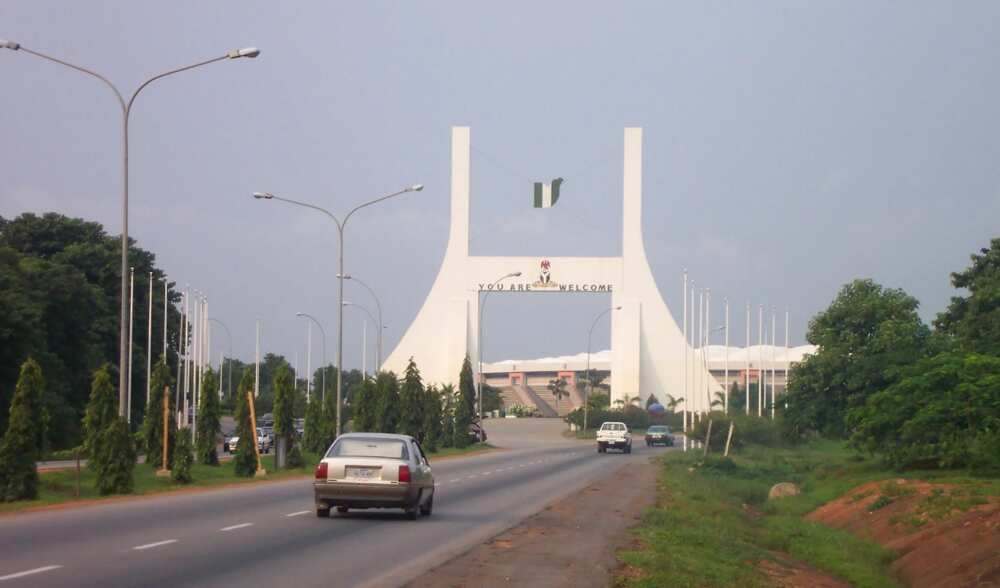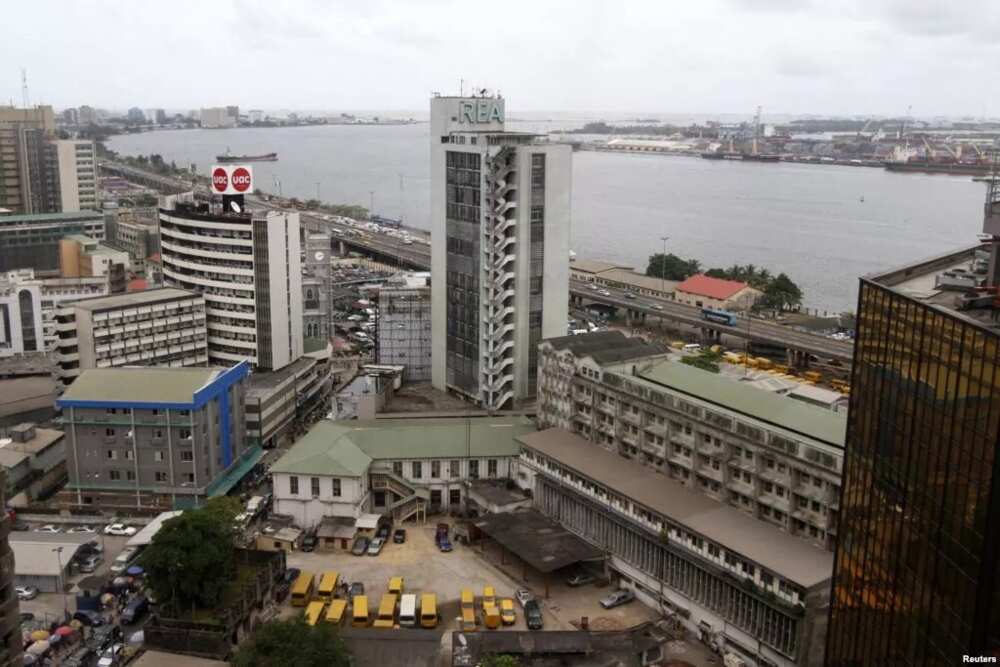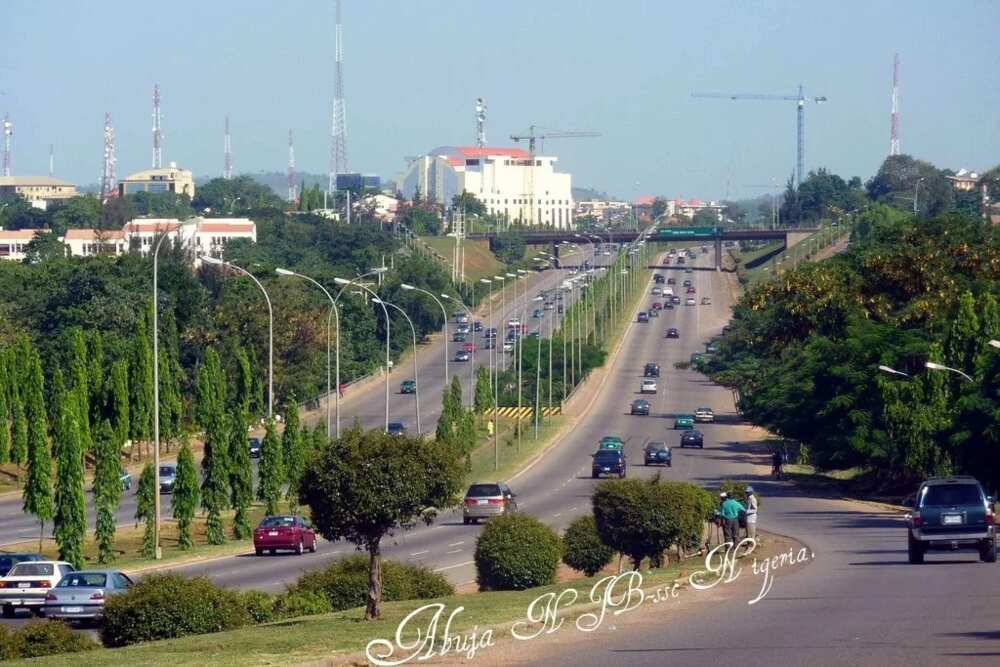Why The Capital Was Moved From Lagos To Abuja
From 1914 to 1991, Lagos was the seat of power of Nigeria and served as both a political and economic capital. The plan for the movement of the capital from Lagos to Abuja was initiated by General Murtala Mohammed but it was not actualised until 1991 during the regime of President Ibrahim Badamasi Babangida.
Here are top 5 reasons the capital of Nigeria was moved from Lagos to Abuja
Central Location

Lagos is located in the south western part of Nigeria and is a distance to some cities in Nigeria. Although Lagos was developing very fast, there was need to choose a location that was in a central location. Abuja fit the entire requirement especially because of its location to serve as the capital of Nigeria.
READ ALSO: How to check if National identity card is ready
Security

Another reason why Abuja was ideal as the capital of Nigeria was for security reason. Although Nigeria was not in any war with an international country, the civil war showed that the location might be susceptible to attack especially air and sea attack. It was necessary to choose a location where the president who also doubles as the commander in chief of the armed forces could strategise and not be caught unaware in the eventuality of an attack.
Economic/Political Factor

Lagos is the business capital of West Africa and there was need to establish a political centre considering Nigeria’s foreign policy in Africa. The choice of a practically unknown place to establish a political capital was necessary. During the period when Lagos was the capital, it still had its own governors. This was politically unnecessary and this was discontinued when Abuja was made the capital as a minister was appointed to handle the administrative management of the city.
Neutrality
When Lagos was the capital of Nigeria, it was at the risk of being claimed by the Yoruba people as their own land. There was needed to get a settlement where the inhabitants would be compensated and vacated so the capital would be an independent city. Abuja was sparsely inhabited unlike other places in the country. By law, Abuja does not belong to any region and no group or ethnicity can lay claim to it but it is considered the belonging of the whole country.
Planned City

Although Lagos had been the capital of Nigeria since 1914, it was more favourable to the colonialist due to its location as a coastal town. Its proximity to the sea allowed the Europeans to make use of its sea route to engage Nigeria. By Independence, Lagos had grown in its own way unplanned way and the need arose to establish a city whose road network, business district, recreational centre, drainage system, etc. would be planned beforehand. A team of experts were sent beforehand to examine the location before it was selected as the capital.
Source: Legit.ng
